The Manitoba provincial election, slated for Oct. 3, pits the incumbent Progressive Conservatives (PC) against the New Democratic Party (NDP) and the Manitoba Liberals.
The province’s construction associations have not been shy about making their wishes known for the next government, whichever party forms it.
Manitoba Heavy Construction Association (MHCA) president and CEO Chris Lorenc says growing the economy is job number one.
“We need the funds to make good on the promises for government services,” says Lorenc. “We can’t do it by borrowing or deficit funding.”
MHCA is urging Manitobans to vote for better roads.
“Roads are vital. They connect producers to markets, workers to jobs, students to school and the sick to the hospital.
“Reliable highway networks that are well maintained can lower cost of transportation and reduce greenhouse gas emissions.”
The Winnipeg Construction Association (WCA) has three election priorities: Supporting a strong, inclusive workforce, improving public procurement and improving Manitoba’s infrastructure.
Darryl Harrison, WCA’s director of stakeholder engagement, says the Builders Lien Act needs to be updated to include prompt payment legislation.
In addition, WCA wants “responsible adoption” of the higher levels of the Canada Energy Code, depending on the jurisdiction.
“We want the new government to work with construction and municipalities to ensure permitting and inspections are done expeditiously,” says Harrison.
Johanna Hurme. managing partner of 5468796 Architecture, says there is “an acute need” for a provincial housing policy.
“There are many people in Winnipeg in need of housing, and many of them can only be helped by provincial public housing,” says Hurme, whose firm has built public housing in central Winnipeg. “We need a robust financial commitment from whoever forms the next government.”
Construction’s priorities notwithstanding, the main issues in the election have been health care, education and the cost of living, says Mary Agnes Welch, principal and partner in Winnipeg’s Probe Research Inc.
“The NDP has been working hard to unlock the moderate voters in south Winnipeg, and get them to vote New Democrat,” says Welch.
Christoper Adams, adjunct professor of political studies at the University of Manitoba, says the main contenders in the election are the PCs and the NDP.
“The Liberals have been struggling,” says Adams. “They could find only 49 candidates for the 57 constituencies.”
The PCs have been proposing tax cuts and more effort to fighting crime, he says.
“Its strength is that it’s the incumbent and it has been making spending commitments in the last six months,” says Adams.
The NDP, on the other hand, has been focusing on health care, education and other social services.
Paul Thomas, professor emeritus of political studies at the University of Manitoba, hopes there is a strong turnout in the election – over 60 per cent and preferably closer to 70 per cent – so that the winning party has a strong mandate to deliver on its promises.
“The new government will have to set priorities for the promises it will act on first,” says Thomas. “It will have to manage public expectations about what can be accomplished in the short term and with the available financial and people resources.”
Whichever party wins, the election will be determined in the south Winnipeg suburbs, which have a history of flipping back and forth between the PCs and the NDP, says Kelly Saunders, associate professor of political science at Brandon University.
“It’s going to be a historic election,” says Saunders. “Manitoba will have either the first Indigenous premier – Wab Kinew – or the first elected woman premier – Heather Stefanson.”
Current standings in the Legislature are 35 PCs, 18 New Democrats and three Liberals.
Those numbers will change soon and, according to the results of the latest poll, those changes could be dramatic.
With little more than a week to go until election day, voters have been making up their minds and an increasing number of them appear to be moving to the NDP.
According to a poll by Probe Research taken between Sept. 7 and 18, the NDP has the support of 49 per cent of Manitobans, compared to 38 per cent for the PCs.
And in Winnipeg, which has 32 of the province’s 57 seats, the NDP has the support of 57 per cent of Winnipeggers, compared to 28 per cent for the PCs.
The Liberals have just nine per cent support across the province and 11 per cent in Winnipeg.
In southern Winnipeg, the NDP has 55 per cent support in both the southwest and southeast quadrants of the city, compared to 24 per cent for the PCs in the southwest and 30 per cent in the southeast.


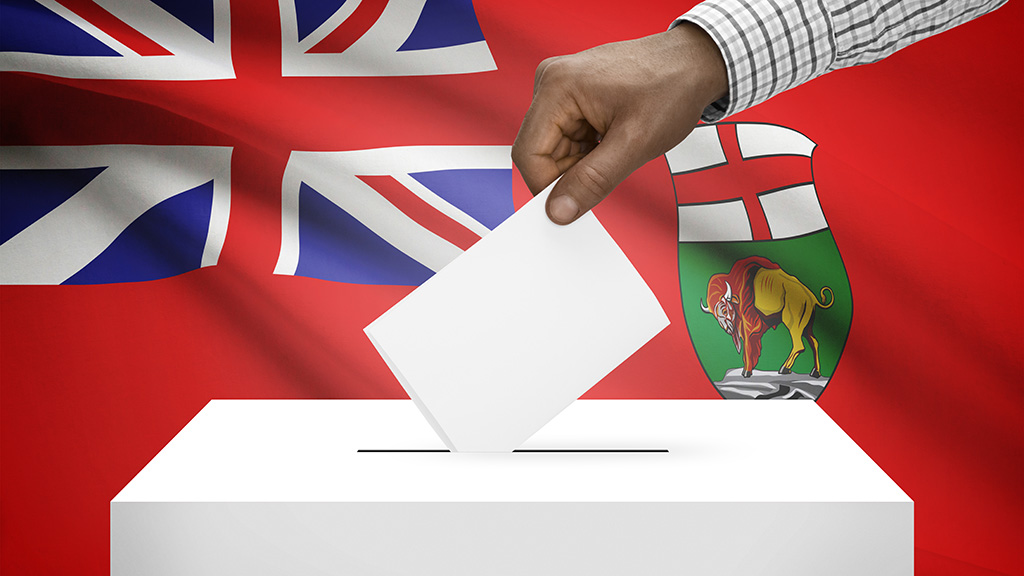

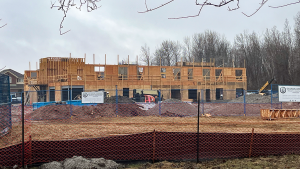
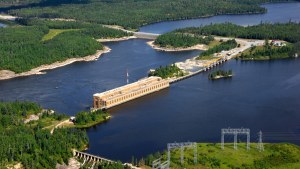
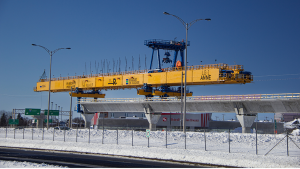


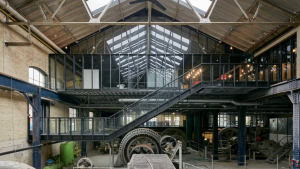
Recent Comments
comments for this post are closed